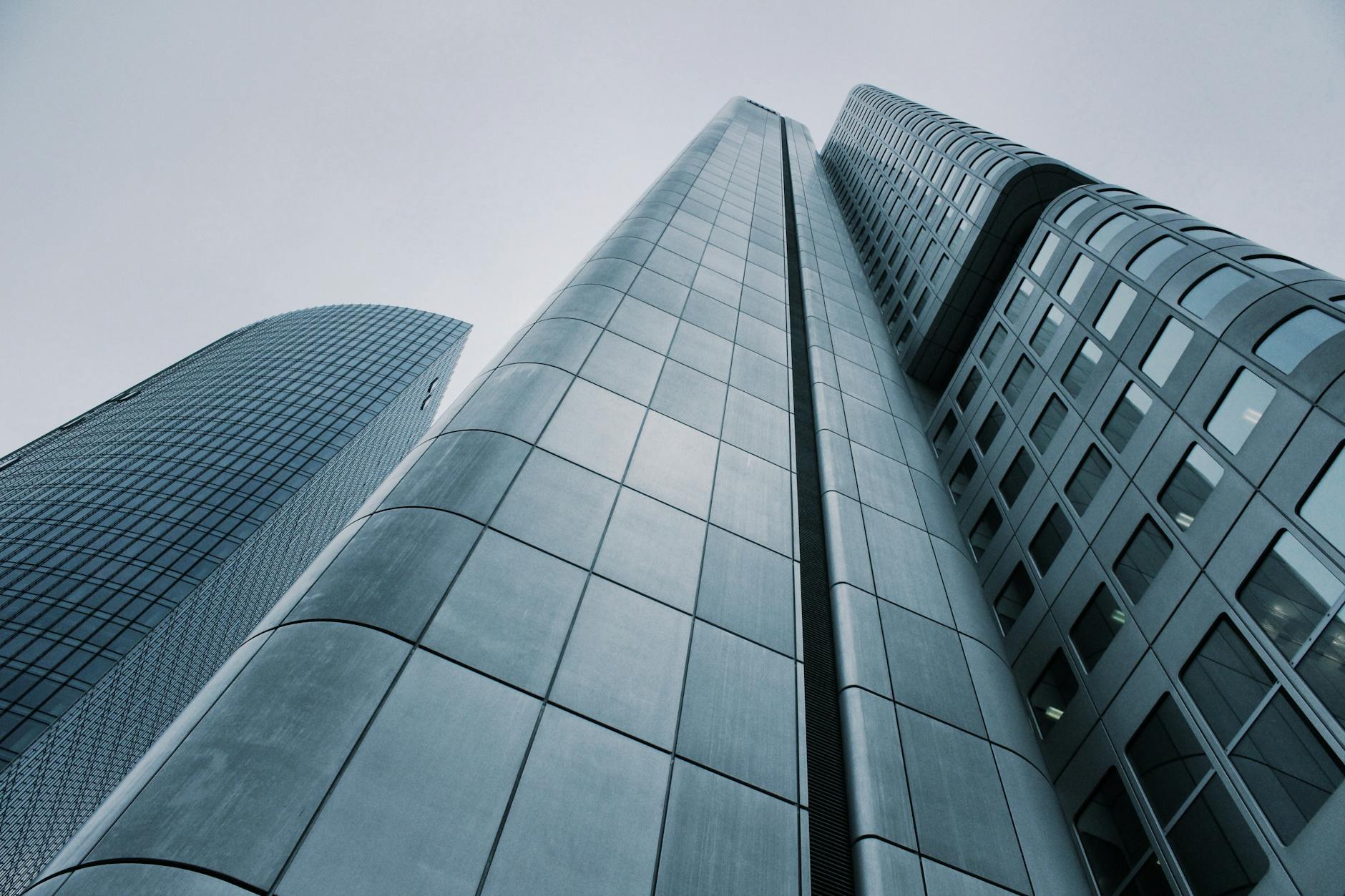Exploring Commercial Real Estate Trends and Opportunities
Exploring commercial real estate trends and opportunities is essential for investors, businesses, and real estate professionals aiming to stay ahead in a rapidly evolving marketplace. As economic conditions shift, technology advances, and societal preferences change, the commercial real estate sector continuously adapts, offering new prospects and challenges. This article delves into key trends shaping the market, such as the rise of flexible workspaces, the impact of e-commerce on retail properties, sustainability initiatives, and the growing influence of technology in real estate management. Understanding these dynamics not only helps stakeholders make informed decisions but also uncovers promising avenues for growth and innovation in commercial real estate.
Changing office space demand driven by hybrid work
The traditional office environment has undergone a significant transformation, largely influenced by the widespread adoption of hybrid work models. Many companies no longer require large, permanent office spaces and instead seek flexible office solutions to accommodate fluctuating workforce attendance. This shift has increased the popularity of coworking spaces and short-term leases, allowing tenants to optimize costs while maintaining operational agility. Additionally, demand is rising for offices that promote health, wellness, and collaboration, incorporating improved ventilation, touchless technologies, and adaptable layouts.
The evolution of retail properties amid e-commerce growth
Retail commercial real estate faces a fundamental challenge due to the proliferation of online shopping, which continues to change consumer behavior. Physical retail spaces are transitioning from traditional stores to experiential centers that attract customers through unique services, entertainment, and community engagement. Retail landlords are repurposing malls and shopping centers for mixed-use developments, integrating residential, office, and leisure components. This diversification strategy seeks to enhance property value and resilience against future market disruptions.
Embracing sustainability and green building practices
Environmental considerations are becoming paramount in commercial real estate development and management. Tenants increasingly prioritize buildings with sustainable certifications, energy-efficient systems, and reduced carbon footprints. Developers and owners are adopting green building materials, solar power, and smart climate control systems to meet regulatory requirements and attract eco-conscious tenants. This trend not only supports environmental goals but also reduces operational costs and enhances asset valuation.
Technology as a catalyst for real estate innovation
Technological advancements are revolutionizing commercial real estate operations, from property management to investment analysis. Tools such as building automation systems, Internet of Things (IoT) devices, and AI-driven analytics improve building efficiency, security, and tenant experience. Virtual and augmented reality technologies enable immersive property tours and streamline leasing processes. Furthermore, blockchain is emerging as a transparent solution for transaction management, increasing trust and reducing costs.
Conclusion
The commercial real estate landscape is currently shaped by several interconnected trends that present both opportunities and challenges. The rise of hybrid work models transforms office space demand, prompting a move toward flexibility and wellness-oriented environments. Retail real estate adapts to e-commerce by evolving into multipurpose, experiential destinations. Sustainability initiatives are no longer optional but integral for future-proofing assets, while technology enhances operational efficiency and tenant engagement. Stakeholders who recognize and leverage these trends position themselves for long-term success in a dynamic market. By embracing flexibility, diversification, sustainability, and innovation, commercial real estate participants can unlock considerable value in the years ahead.
| Trend | Description | Opportunities | Challenges |
|---|---|---|---|
| Hybrid work and flexible offices | Shift from permanent to flexible office spaces | Cost optimization, tenant retention through adaptability | Uncertainty in long-term lease commitments |
| E-commerce impact on retail | Growth of online shopping shrinking traditional retail | Repurposing spaces for mixed-use and experiences | Declining foot traffic in conventional retail centers |
| Sustainability focus | Increasing demand for eco-friendly buildings | Energy savings, brand enhancement, regulatory compliance | Higher upfront costs, technological integration |
| Technological innovation | Use of AI, IoT, VR, blockchain in real estate | Improved efficiency, transparency, and tenant engagement | Investment in new technologies, data security concerns |
Image by: Pixabay
https://www.pexels.com/@pixabay
editor's pick
latest video
news via inbox
Nulla turp dis cursus. Integer liberos euismod pretium faucibua

